01
Struggling with motivation at work?
Solutions are more pragmatic than you think.
Ever felt like you’ve lost your spark? Like you’re doing things, but are not really driven by them anymore? Maybe you know what needs to get done, but you just can’t bring yourself to care the way you used to.
Or you’ve got big goals, but something inside is holding you back.
You're not alone. Motivation isn’t just about willpower; it's about the direction and intensity of individual effort. And it can be rebuilt.
Motivation at work
Motivation in the workplace is the inner drive that directs and energizes your behavior toward achieving meaningful work goals.
It determines what you choose to focus on, how much effort you put in, and how long you persist. Especially when things get tough.
In performance psychology, motivation is often defined as having two key dimensions (Sage, 1977):
Direction of effort – What you choose to do or pursue.
Intensity of effort – How much energy you’re willing to invest.
Work-related motivation isn’t just about pushing yourself harder. It’s about understanding what fuels you, what drains you, and how to reconnect with a sense of purpose and competence in your role.
True motivation arises when:
You feel autonomous – that you have some control over your work.
You feel competent – that you can meet the challenges ahead.
You feel connected – that your work matters and contributes to something larger.
Motivation can fluctuate due to stress, unclear goals, poor fit, feedback climate, or internal doubts but it can also be rebuilt with the right insights and tools.
What tools or theories might
we use?
To understand and strengthen your motivation at work, we’ll draw from well-established, evidence-based psychological frameworks that help decode why motivation fluctuates and how it can be rebuilt.
Self-Determination Theory (Deci & Ryan)
Focuses on the three basic psychological needs: autonomy, competence, and relatedness.
Achievement Motivation Theory (Atkinson & McClelland)
Balances the drive for success with the fear of failure.
Motivation Process Model (Sage, 1977)
Breaks motivation into direction and intensity of effort.
Cognitive-Behavioral Coaching
Helps identify and shift thought patterns that block or drain motivation.
Expectancy-Value Theory
Explores how belief in success and the value of the outcome influence motivation.
Goal Orientation Theory (Dweck)
Looks at whether you're motivated by learning or performance outcomes.
What will happen in these sessions?
We will:
-
Are you lacking direction, energy, or both?
Are you disengaged, overwhelmed, or unsure why you’ve stopped caring?
-
We'll look at both internal (e.g. perfectionism, fear of failure) and external (e.g. leadership, role mismatch, feedback climate) factors.
-
How do you typically respond to pressure, autonomy, challenge, and recognition?
-
We’ll explore what truly matters to you—not just what’s expected of you.
-
Develop strategies that align with your values, support energy management, and spark long-term commitment.
-



